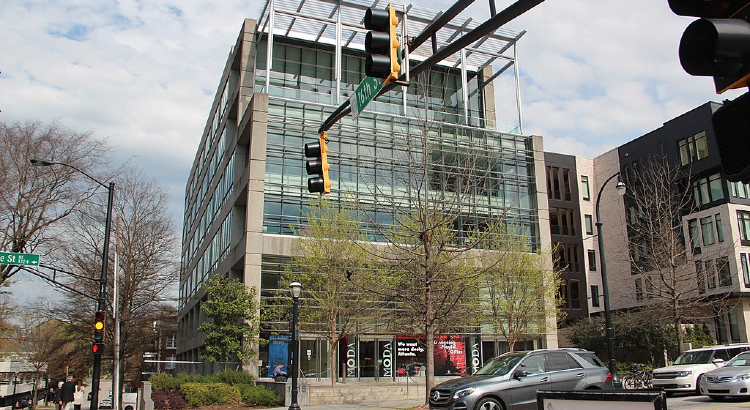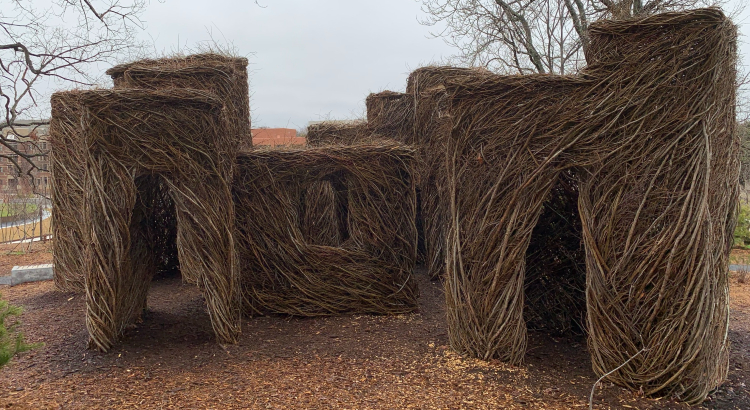I’m excited to see that the Museum of Design Atlanta is dedicating a year of exhibits and programs to the climate crisis. In an announcement this week on its website, MODA said:
2020: The Year of Climate & Change is an unprecedented, yearlong initiative that will call attention to the dramatic changes occurring in our climate and will demonstrate the pivotal role of design in reversing climate change and responding to its impact.
Over the past years, many members of MODA’s audience have shared concerns about changes in our climate and their impact on individuals, communities, and the planet. We share their concern. Climate change is the defining issue of our time.
The exhibitions and programs that will be part of 2020: The Year of Climate + Change will confront this challenge head-on by demonstrating how designers in our community and across the globe are offering solutions.
Difficult to disagree with all that. It seems appropriate for an institution housed on the first floor of the Perkins + Will building in Midtown, which also happens to be the first LEED Platinum retrofit in the Southeast.
The exhibit series will kick off Feb. 24 with Learning from Nature: Design Lab, which will focus on biomimicry in design. From there it’s on to an exhibit focussing on very cool, leading-edge bicycles.
But I, of course, am most interested in Full Circle: Design Without End, which will starting in October will spotlight regenerative design:
Our planet is reaching a critical point. Human development since the Industrial Age has thrown the earth’s ecosystem out of balance, depleting its natural resources, contaminating water, damaging soil, polluting air, and negatively impacting the climate through the unchecked use of natural gases.
The way to solve environmental degradation and climate change is to redesign our approach to making things. At present, most designers use human-centered design practices which leads them to focus on a single problem and finding solutions for it. Regenerative Design asks that we see ourselves and our actions as small parts of much larger systems and that we design in ways that strengthen and replenish natural systems instead of depleting them.
Full Circle: Design Without End will introduce visitors to Regenerative Design and the systemic design approaches like Cradle to Cradle (C2C) and biomimicry that inform it. The exhibition will showcase the work of designers who are using and experimenting with regenerative approaches to realize works ranging from large-scale architectural projects to everyday products; and provide real-world actions that everyone can take to address the climate change challenge we are facing.
I should mention that the Full Circle: Design Without End and MODA are partially funded by the Kendeda Fund, which also funds this blog.
Image courtesy of Thomson200 via Wikimedia


